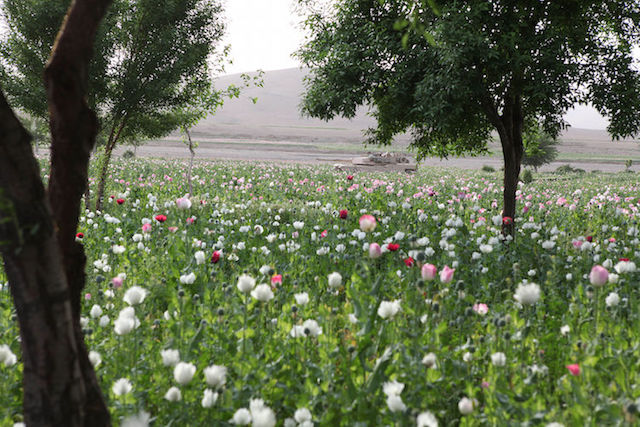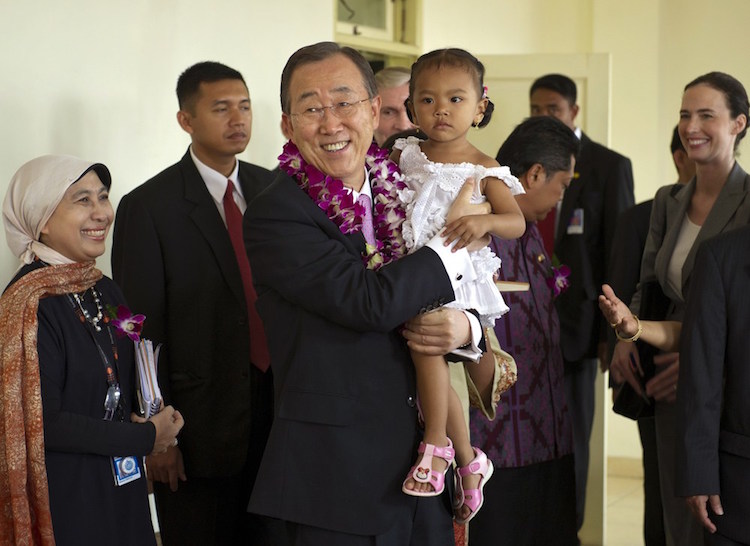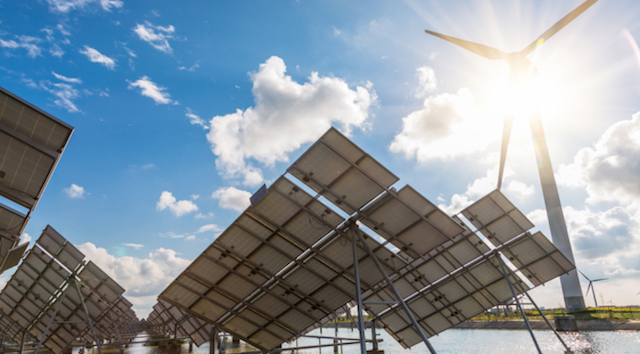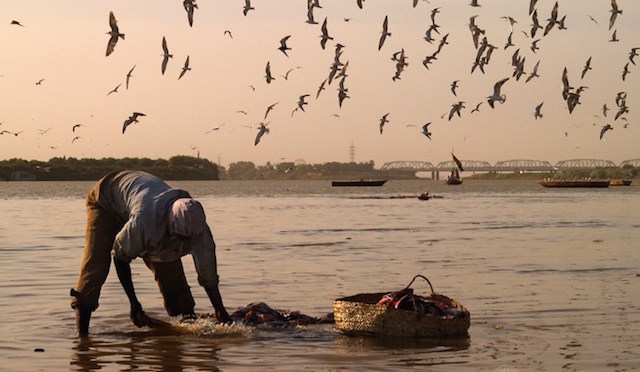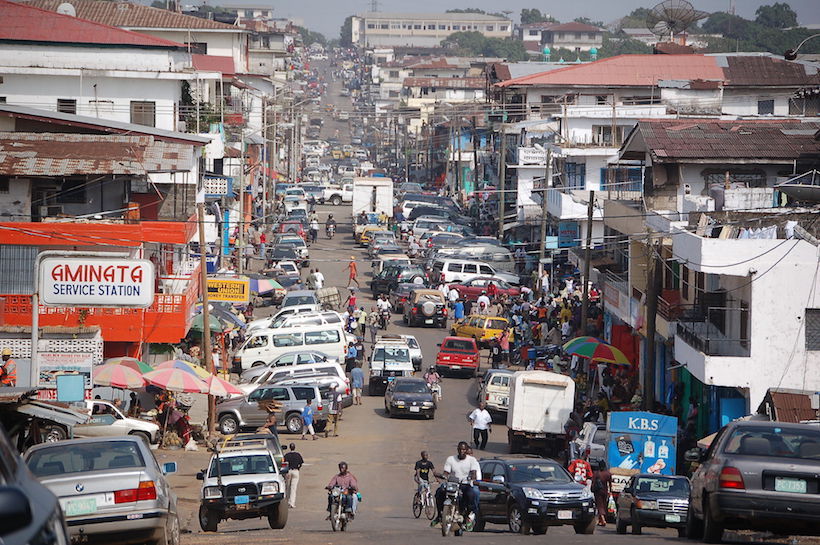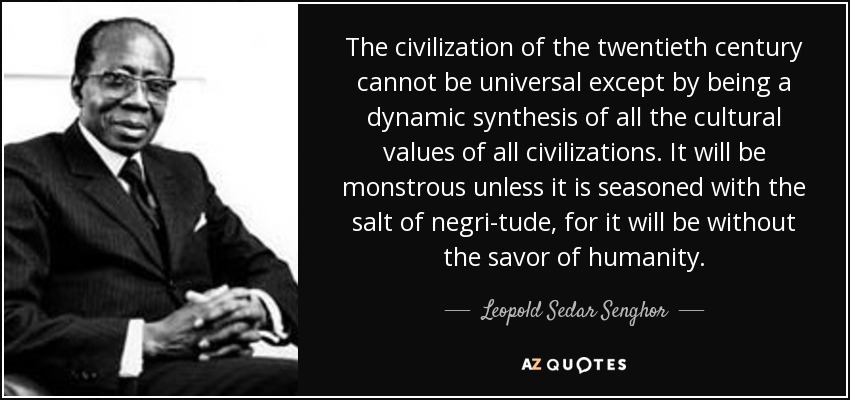By Jaya Ramachandran | IDN-InDepthNews Analysis
BERLIN | VIENNA (IDN) – Despite a decrease of 45% in 2015, opiates still constitute a sizeable share of Afghanistan’s economy, according to a socio-economic analysis of the latest Opium Survey by the United Nations Office on Drugs and Crime (UNODC) based in the Austrian capital.
The gross value of the country’s opiate economy was estimated at USD 1.56 billion as compared to USD 2.84 billion the precious year. Corresponding to 7% of the country’s GDP, the value of opiates is comparable to the value of the export of illicit goods and services in 2014.

